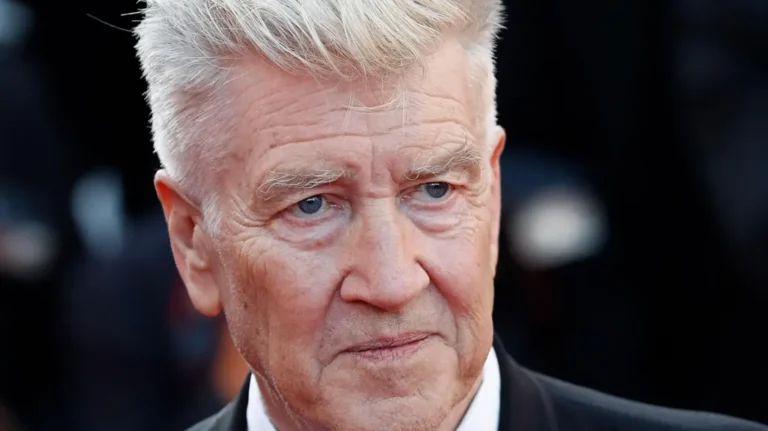American filmmaker David Lynch passed away from emphysema, a lung disease caused by years of heavy smoking.
Lynch’s family shared the news of his death in a statement on his official Facebook page. They expressed their sorrow, saying that his absence leaves a big void, but encouraged others to remember his advice to “focus on the donut, not the hole.” The family also asked for privacy during this difficult time.
David Lynch, born in Montana in 1946, started his career as a painter before moving into filmmaking. His first feature film, “Eraserhead” (1977), a dark and surreal take on fatherhood, established him as a unique voice in independent cinema. Throughout his career, he created films that pushed the boundaries of traditional storytelling, including “Blue Velvet” (1986), “Wild at Heart” (1990), and “Mulholland Drive” (2001). These films received critical praise and solidified his reputation as a distinctive filmmaker.
During his career, David Lynch was nominated for four Oscars, including three for Best Director. Although he never won a competitive Academy Award, he was given an honorary Oscar in 2019 in recognition of his impact on cinema.
Lynch had been diagnosed with emphysema. Sources told Deadline that his health worsened after he had to move from his home because of the Sunset Fire. In an interview last year with Sight & Sound magazine, David Lynch shared that due to concerns about Covid and his emphysema, he couldn’t leave his house anymore, meaning he would direct remotely if he worked again. Despite his health issues, he later posted on social media that he “will never retire.”
More about David Lynch
David Lynch, born on January 20, 1946, in Missoula, Montana, started his career making short films in the late 1960s and was part of the American Film Institute’s Class of 1970. His first feature film, Eraserhead (1977), was developed during his AFI days. The film, known for its quirky style, became a cult classic in the midnight movie scene.
Lynch gained wider recognition with The Elephant Man, starring John Hurt as the disfigured yet kind character and Anthony Hopkins as the doctor who helps him. Hurt’s character famously declares, “I’m not an animal! I’m a human being—a man!” in one memorable scene.
During the 1980s, David Lynch’s career took off. Following The Elephant Man, he directed Dune (1984), based on Frank Herbert’s sci-fi novel. Although Dune was considered a financial failure at the time, it became Lynch’s highest-grossing film, earning $31.5 million globally.




